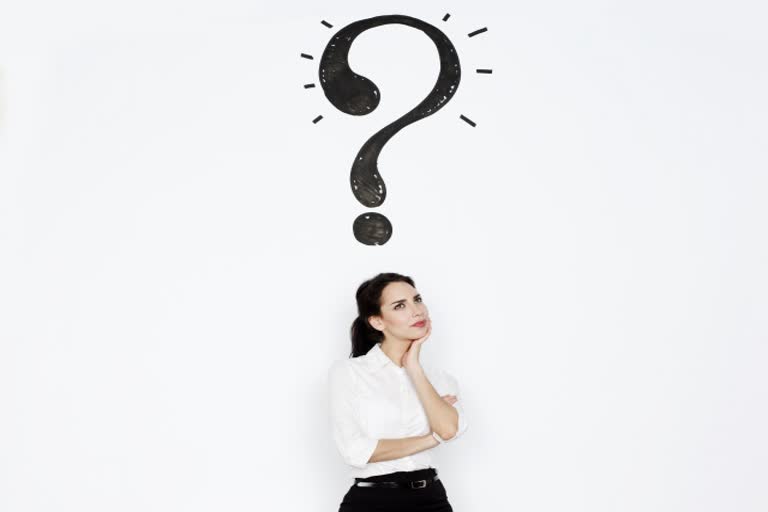This buying frenzy led to shortages, even though, in most cases, there would have been enough to go around if people only purchased what they needed. According to a study led by UNSW Sydney, reactive behavior like this isn’t unusual, but a common way to handle unexpected uncertainty. In fact, unexpected uncertainty is such a powerful motivator for change that it often prompts us to adjust our behavior – even when it’s not good for us.
“They can change their behavior and decision-making strategies to try and find a way to regain some sense of control. “Surprisingly, our study found that unexpected uncertainty caused people to change their behaviors even when they would have been better off sticking to an old strategy.
To test how people, respond to unexpected change, the researchers tasked study participants with selling a pair of objects to one of two subjects – in this scenario, aliens – in a virtual simulation. Their task was simple: get as many points (or ‘alien dollars’) as possible. Participants needed to choose which alien to sell a pair of chemicals to, but only one of the chemicals determined how much the alien would pay. An initial group of 35 participants were familiarized with the task and quickly learned that one strategy (say, Option A) gave the better offer of 15 points. But midway through the experiment, the reward pattern changed, and Option A now gave a random number between 8 and 22 points.
“The kicker is that in all cases, the best thing they could do was use their old strategy.” “Many of us were suddenly all working from home, changing how we shop, and changing how we socialize. The rules we were living by beforehand no longer applied, and there was – and still is – no clear answer about when or how the pandemic will end. “Different people tried all sorts of things – like panic shopping – to reduce this new uncertainty and return to ‘normal. But as we’ve seen, not all of these reactive strategies were good in the long run.”
Boiling frog syndrome- While unexpected uncertainty led to dramatic responses, expected uncertainty had the opposite effect. During the second phase of the trial, the researchers introduced uncertainty in a gradual way to a different group of 35 participants. Option A’s usual 15 points changed to 14-16 points, then 13-17 points, until the uncertainty rose to 8-22 points.
“When change is slow and barely noticeable, there’s no sudden prompt to change our behavior, and so we hold to old behaviors. “Trying to get action on climate change is a lot like the boiling frog fable. If you put a frog in a pot and boil the water, it won’t notice the threat because the water is warming gradually. When it finally notices, it is too late to jump out.”
Being certain about uncertainty-Uncertainty is something humans face every day, whether it’s how bad traffic will be or what questions might be asked in an exam. But the COVID-19 pandemic has thrown a new layer of uncertainty to major areas of our lives, like career, health, and living circumstances. “While this study isn’t the whole picture for human behavior during the pandemic, it can help explain why so many people looked for new ways to add certainty to their lives,” says Dr. Walker, who is now a researcher in the School of Psychiatry at UNSW Medicine & Health.
Also Read: COVID: Panic And Disruption



